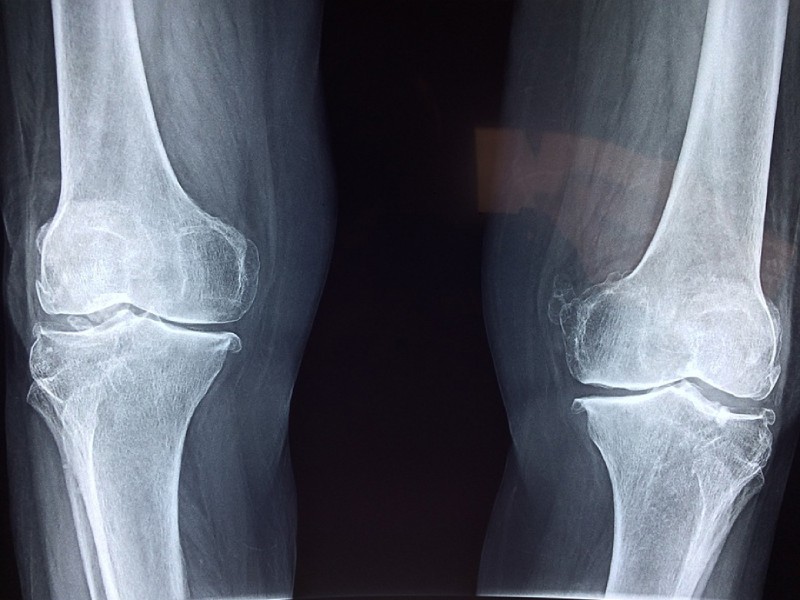
- In countries with data available, knee arthroscopy is the most common orthopedic procedure
- Data reviewed by an international multidisciplinary panel that included physical therapists
- Guideline makes a "strong recommendation" against the use of arthroscopy in nearly all patients with degenerative knee disease, based on linked systematic reviews; authors write that "further research is unlikely to alter this recommendation"
- Authors write that "health care administrators and funders may use the number of arthroscopies performed in patients with degenerative knee disease as an indicator of quality care"
For patients with knee pain, the small, short-term gains in pain and function from arthroscopy are greatly outweighed by the "burden, postoperative limitations, and rare serious adverse effects" associated with the surgery, write authors of a new clinical practice guideline. Instead, authors "strongly recommend" conservative treatment over arthroscopy for "nearly all" patients with degenerative knee disease.
The guideline, published online May 10, 2017, in BMJ, is based on a 2016 systematic review that indicated outcomes for knee arthroscopy were no better than those for exercise in people with degenerative medial meniscus tear. The multidisciplinary, international panel included physical therapists, orthopedic surgeons, a rheumatologist, a general practitioner, general internists, epidemiologists, methodologists, and patients.
Authors defined degenerative knee disease as knee pain not caused by traumatic injury in patients over age 35, "with or without" imaging evidence of osteoarthritis, meniscal tears, mechanical symptoms, or "acute or subacute onset of symptoms."
The panel considered 3 patient outcomes in their analysis: pain, function, and quality of life. Authors write, "Arthroscopic knee surgery does not, on average, result in an improvement in long-term pain or function." Future evidence, they say, is unlikely to change this conclusion.
While the panelists did not explicitly recommend any particular type of conservative management of degenerative knee disease, they suggested that nonuse of knee arthroscopy could be used "as a performance measure or tied to health funding."
Authors conclude, "Given that there is evidence of harm and no evidence of important lasting benefit in any subgroup, the panel believes that the burden of proof rests with those who suggest benefit for any other particular subgroup before arthroscopic surgery is routinely performed in any subgroup of patients."
Research-related stories featured in PT in Motion News are intended to highlight a topic of interest only and do not constitute an endorsement by APTA. For synthesized research and evidence-based practice information, visit the association's PTNow website.



